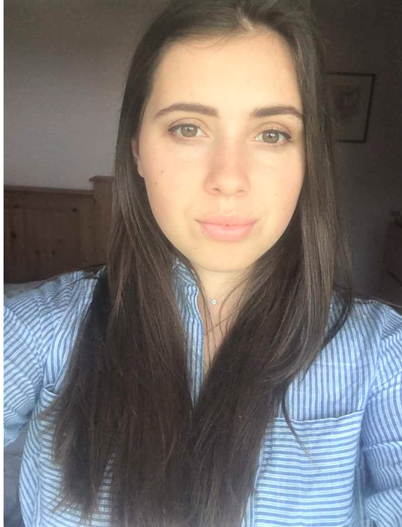Privilege is a hot topic nowadays – discussions of the forms of privilege tied to gender, race, class, etc. abound in academic, political, and everyday conversations. Questions and opinions circulate, some are addressed quickly with empty corporate jargon, others are strategically ignored, others still hit hard enough to stick with you for days or weeks, pestering you for an answer.
For me, one of the most interesting points of discussion is that of the tensions between visible and invisible privilege, that is, how does privilege operate when associated with visible markers (such as an individual’s perceived race, gender signifiers, mobility aids, or religious dress) and is this different from how privilege works in relation to invisible factors (such as sexuality, an invisible disability, or white-passing individuals)? A further layer of complexity can be found in the fact that we can be privileged in some respects but not in others, resulting in an odd position as our privilege and lack thereof exist simultaneously, complimenting and conflicting with one another situationally.
My interest in ‘equality, diversity, and inclusivity’ (EDI) initiatives derives directly from these tensions – between visible and invisible privilege, between being privileged and unprivileged at the same time – and have led me to join the Student Success EDI Team here at the University of Kent, filling the role of Diversity Mark Intern via the Work Study Scheme. Personally, I am very privileged in a number of significant and visible ways – I am white, not visibly religious or disabled in any way, and talk with a relatively neutral southern English accent that reveals my middle-class upbringing.
In other, less visible ways, I lack privilege – most significantly, this is in relation to disability, as I suffer from a condition that causes chronic pain, reduced mobility, and fatigue. None of this is immediately visible, since I choose not to use any mobility aids and avoid doing so by working from home, taking a lot of breaks, arranging my trips outside for my ‘good days’, and relying a lot on my boyfriend for help carrying things. In some ways, the ‘invisibility’ of my condition is another layer of privilege, since I am not immediately written off as ‘incapable’, ‘damaged’ or ‘demanding’, as a friend who uses a cane once complained. In other ways, I am often dismissed as ‘not really disabled’, and every need for accommodations is met by disbelieving looks and a compulsion to explain myself. All of these components – race, education, disability (and visibility thereof), accent, and others – feed into the complex and multi-layered realities of privilege, how it is felt, experienced, and realised in an individual’s daily life.
I have benefitted from visible markers of privilege and the systems that reward them, and it would be dishonest to claim otherwise. In fact, I have actively played on them at points, reverting to the posher, ‘proper’ English that my grandmother insisted upon when I requested funding for student-led EDI initiatives, highlighting my whiteness so that I couldn’t be dismissed for ‘making things personal’, like some of my ‘BAME’ colleagues had beforehand. I often mentioned the fact that I studied (and admittedly loved) Latin at school, since this really seems to win the favour of older, white British men, reassuring them that I had a ‘good English upbringing’ and couldn’t possibly be too ‘radical’ in my views on politics and social justice.
It is, however, this conservative upbringing that I attribute my alleged ‘radicalism’ to – since believing in equality is increasingly framed as radical these days. Growing up in a small Cotswold town, I rarely encountered people who weren’t white. There was a small percentage of children in my secondary school whose parents had migrated from South Asia, but they were generally dismissed by those around me as being ‘basically white’ since their parents were dentists, and they went to private primary schools. I didn’t really know what that meant or why it was so harmful until I moved to Birmingham, where the demographics were very different and I was living independently, moving out of the umbrella of a school-based social life, and establishing my own friendship groups and connections from scratch.
People are often offended when someone calls them ‘privileged’. This presumably derives from the idea that ‘privilege’ means being ignorant, undeserving, or entitled, all things that people don’t normally want to be described as. However, privilege does not have to mean those things. While privilege can connote a lack of awareness of how much other people struggle, this can be countered through an education that takes into account broad perspectives and an active interest in other people’s lives and wellbeing. Living with an awareness of one’s various privileges is massively beneficial in the long-run, as it contributes to the development of a more empathetic, complex, and relativistic understanding of the world around us, a lens that allows us to engage with conversations about power, inequality, and social (in)justice.
While perhaps uncomfortable and difficult at times, addressing the ways in which you are privileged is a central aspect of the new moralities developing in the contemporary world. I would encourage everyone to think deeply and reflexively on their privileges, to understand what they mean, and how these can be used for good. If you feel uncomfortable talking about privilege, it probably means that there is still reflexive work to be done.

